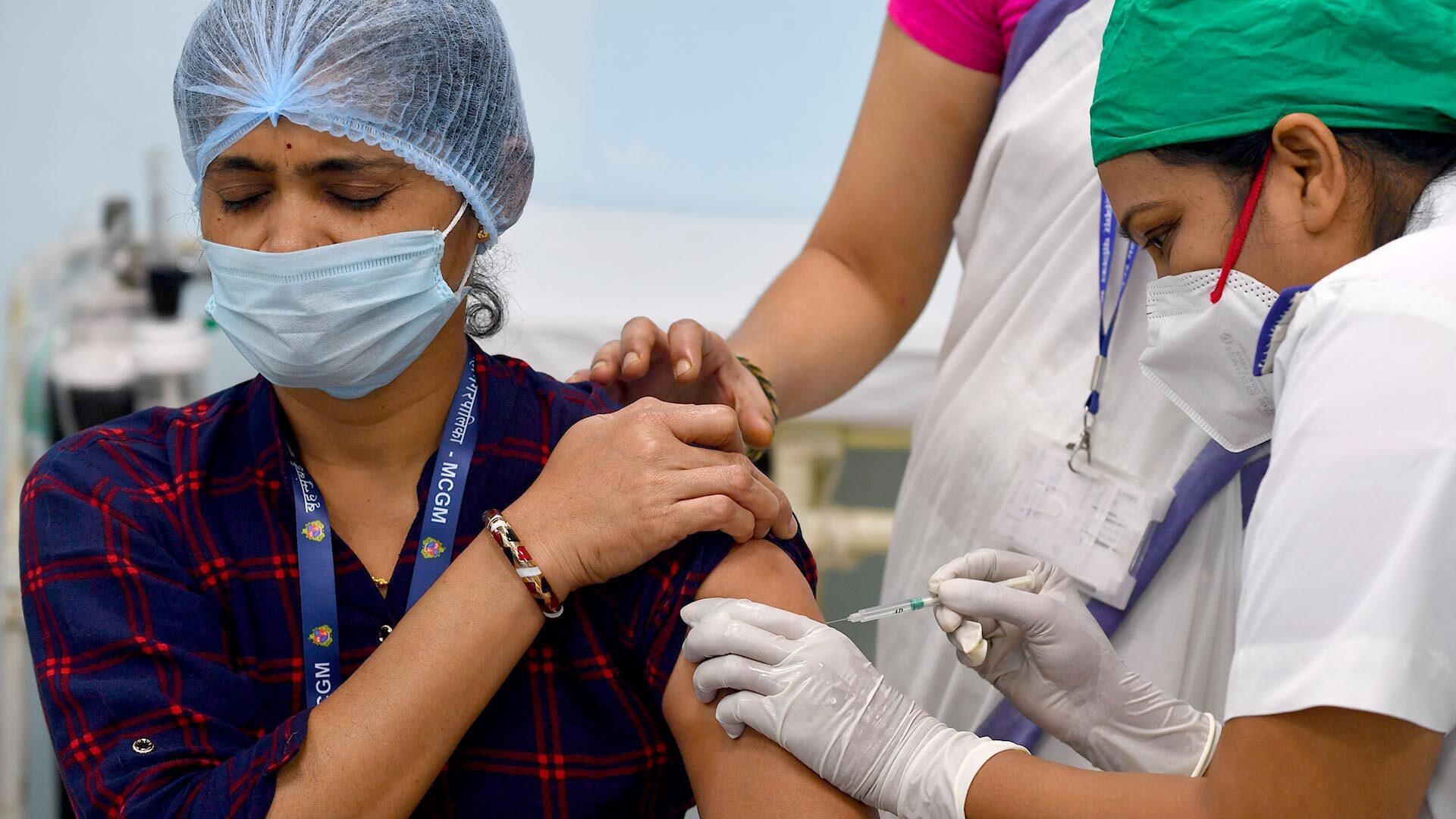- January 28, 2021
- By Sara Gavin
As confusion and frustration continue to plague the rollout of COVID-19 vaccines across the United States, a new study led by a University of Maryland economist suggests the U.S. should also be concerned about vaccinating people outside its borders.
Economics Professor Sebnem Kalemli-Ozcan and colleagues at the University of Koc in Istanbul analyzed 35 industries in 65 countries and how they were linked economically in 2019, before the pandemic. They then used data on COVID-19 infections for each country to demonstrate how the coronavirus crisis disrupted these linkages and how vaccinations could help repair the damage.
Their results showed that if wealthier nations are fully vaccinated by the middle of this year and developing countries vaccinate only half of their populations, the global economic loss will amount to around $4 trillion. The world’s most advanced economies—the U.S., Canada, Europe and Japan—would shoulder roughly half that burden.
“Wealthier nations have just as much to lose as less developed countries if vaccinations are not distributed equitably around the world,” Kalemli-Ozcan said. “It would cost countries like the U.S. less to invest in providing vaccines to poorer countries than the potential economic loss they would incur if trade partners like Mexico or Brazil can’t recover from the pandemic.”
The researchers also warn that in a worst-case scenario—where the U.S. and wealthier nations can’t vaccinate the majority of citizens before the end of 2021, and developing countries receive no vaccines this year—the shock to the global economy could more than double to over $9 trillion in losses.
Results from the study, published as a working paper by the National Bureau of Economic Research, and its European counterpart, the Centre for Economic Policy, came on the heels of President Joe Biden’s announcement that the United States intends to join COVAX. An initiative spearheaded by the World Health Organization (WHO), COVAX aims to vaccinate at least 20% of the population in every country by the end of this year, but is currently billions of dollars short of meeting that goal.
During a WHO press conference Monday, Kalemli-Ozcan explained to world health leaders how widespread vaccinations in wealthier nations will help domestic businesses like restaurants, gyms and other services recover quickly. However, she warned, industries such as automotive, construction and retail that depend on outside countries for materials, parts and supplies will continue to suffer if vaccines are not made available worldwide.
“Our global economy is so inextricably linked that the ripple effects can go on forever if even just a handful of countries are still struggling with COVID-19,” Kalemli-Ozcan said. “The obligation to help poorer countries get access to vaccines is not just a moral or ethical one, it’s an economic one. No economy is an island.”
The research was funded by the International Chamber of Commerce. Co-authors include Cem Cakmaklı, Selva Demiralp, Sevcan Yesiltas and Muhammed A. Yildirim from Koc University.
Topics
Research